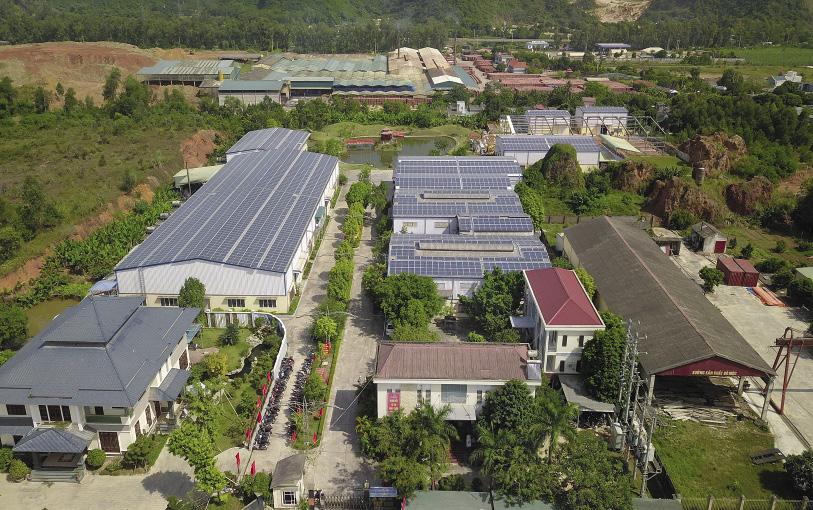Last week Vietnam’s MOIT said it is accepting feedback for a new draft decree to encourage rooftop solar. According to the draft legislation, rooftop solar would be linked to the national grid for self-use, but the energy cannot be sold to other organizations, individuals or back to the grid.
Moritz Stitcher, a Southeast Asia solar analyst for renewable energy advisory firm Apricum, told pv magazine that although there would be a negligible impact on independent power producers managing commercial and industrial projects, “it sends another rather negative signal on solar development in the country.”
“It seems MOIT is still aiming to regulate the rooftop segment even further,” he said.
Stitcher said the zero-export mechanism is common in other Southeast Asian countries – such as Thailand and the Philippines – but if the regulatory framework was rolled out in Vietnam it would, “take away the beauty of the use of excess energy, which is unfortunate.”
Agencies and organizations can offer their feedback until Dec. 26, 2023.
Popular content
MOIT first flagged it would propose rooftop solar amendments in August, with the change aiming to promote the development of rooftop solar self-consumption, according to local media reports.
In May the Vietnamese government announced it would pump $135 billion to develop an energy strategy, which aims to equip half the country’s residential rooftops with PV schemes under a net-metering scheme, and make Vietnam a net exporter by the end of the decade, among the strategy’s key pillars.
Vietnam recorded 18 GW of solar installed capacity at the end of last year, according to the most up-to-date data provided by the International Renewable Energy Agency (IRENA).
This content is protected by copyright and may not be reused. If you want to cooperate with us and would like to reuse some of our content, please contact: editors@pv-magazine.com.


Sounds decent, make those fire-code compliant local microgrids and signage to make local use awesome.